Irvine Welsh’s 1993 debut novel Train-spotting flicked a hearty V-sign in the face of alarm-clock Britain. ‘Ah choose no tae choose life,’ crows its giro-cheating antihero Mark Renton, proudly enslaved to heroin instead of mortgage repayments. But when Welsh revisited his native Leith for a 2012 prequel, Skagboys, he threw over this bourgeois-taunting amorality for blunter politics: Renton, it transpired, first turned to heroin for pain relief after police beat him up on a picket line during the 1984 miners’ strike.
Already a subscriber? Log in
Subscribe for just $2 a week
Try a month of The Spectator Australia absolutely free and without commitment. Not only that but – if you choose to continue – you’ll pay just $2 a week for your first year.
- Unlimited access to spectator.com.au and app
- The weekly edition on the Spectator Australia app
- Spectator podcasts and newsletters
- Full access to spectator.co.uk
Unlock this article
Available from the Spectator Bookshop, £12.99 Tel: 08430 600033
You might disagree with half of it, but you’ll enjoy reading all of it. Try your first month for free, then just $2 a week for the remainder of your first year.

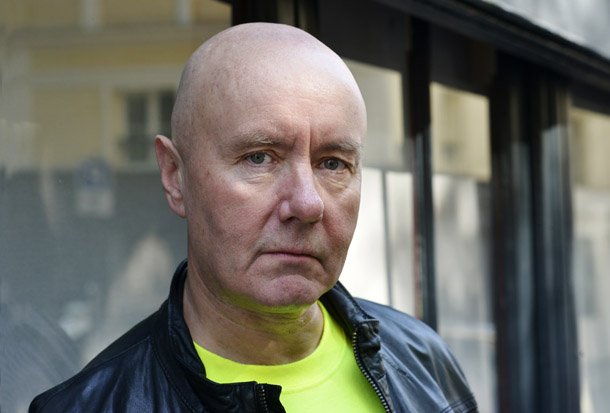
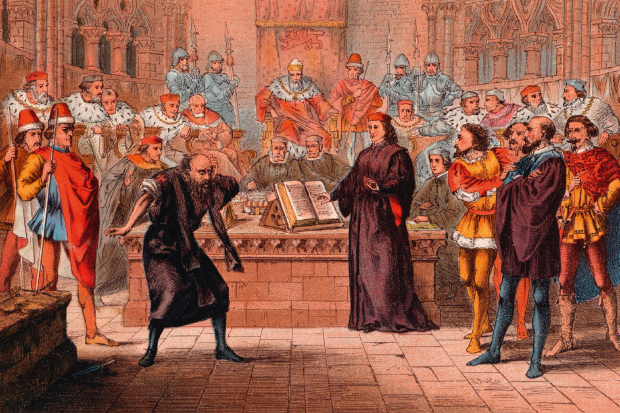
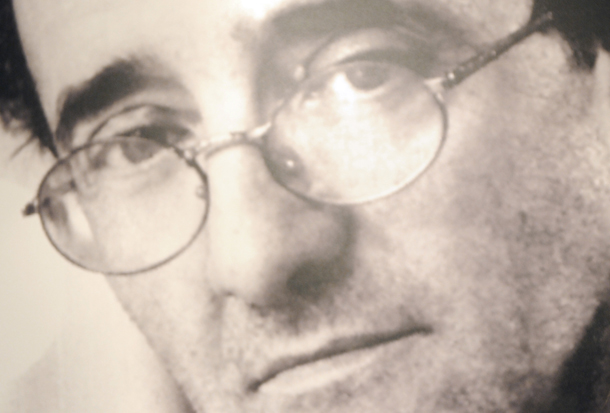
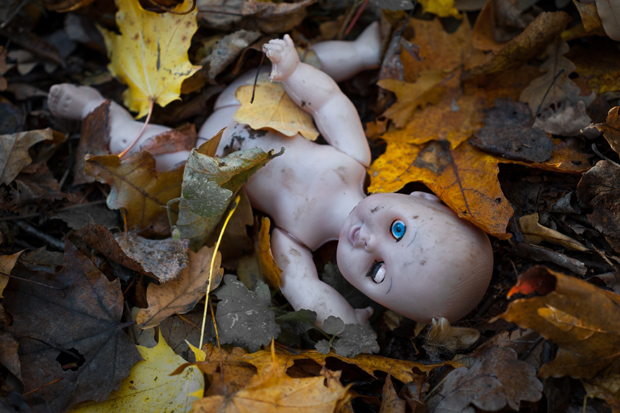
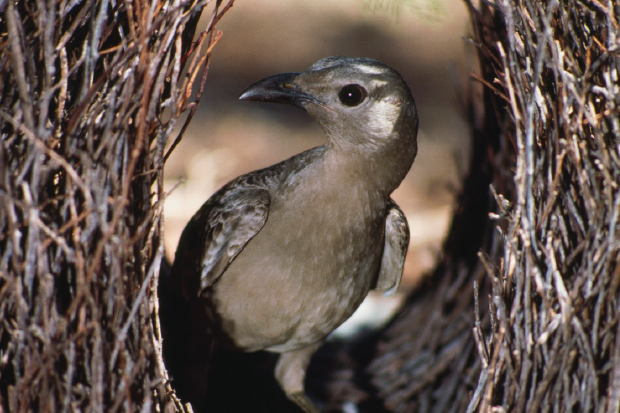
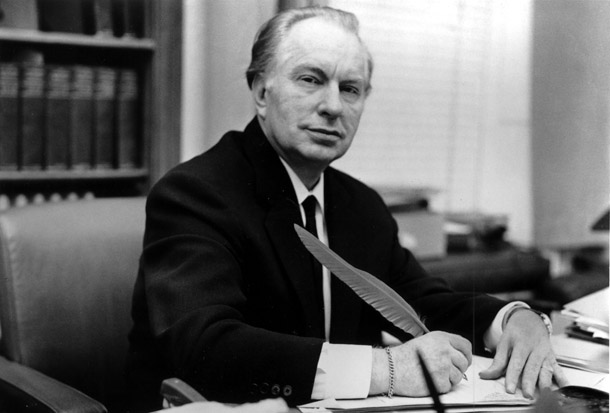







Comments
Don't miss out
Join the conversation with other Spectator Australia readers. Subscribe to leave a comment.
SUBSCRIBEAlready a subscriber? Log in